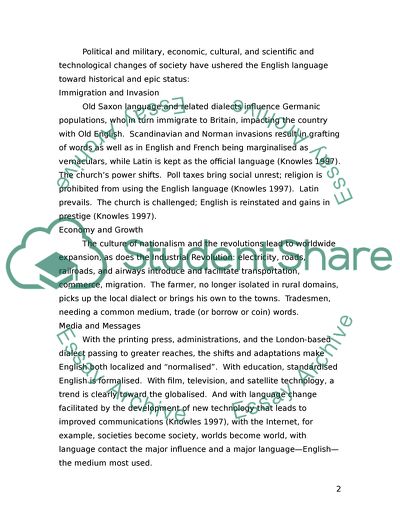Cite this document
(“A Brief Analysis of the Development of English as a Global Language Essay”, n.d.)
Retrieved from https://studentshare.org/english/1535703-a-brief-analysis-of-the-development-of-english-as-a-global-language
Retrieved from https://studentshare.org/english/1535703-a-brief-analysis-of-the-development-of-english-as-a-global-language
(A Brief Analysis of the Development of English As a Global Language Essay)
https://studentshare.org/english/1535703-a-brief-analysis-of-the-development-of-english-as-a-global-language.
https://studentshare.org/english/1535703-a-brief-analysis-of-the-development-of-english-as-a-global-language.
“A Brief Analysis of the Development of English As a Global Language Essay”, n.d. https://studentshare.org/english/1535703-a-brief-analysis-of-the-development-of-english-as-a-global-language.


